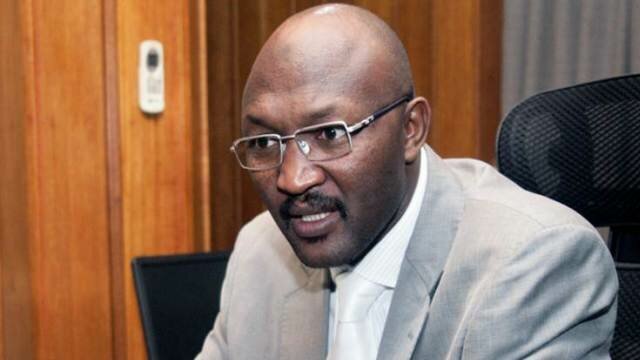Khartoum- Sudanese experts and specialists in the field of water resources have unveiled attempts by Egypt to prevent Sudan from benefiting fully from its share in the Nile
water in accordance with the 1959 agreement, which amounts to some 18.5 billion cubic meters.
Former member of negotiating delegation on water and Director of Khartoum International Center on Human Rights Dr. Ahmed Al Mufti has said Egypt’s demand of involving the World Bank in the negotiations on the Renaissance Dam, which was rejected by Ethiopia, was intended to control the water and then selling it to the three countries.
He said to Sudan Vision the Egyptian attempts were meant to guarantee its water security and then making control on the waters to be sold after the Renaissance Dam has become a concrete reality.
Former consultant on water laws at the World Bank Dr. Salman Mohamed Ahmed Salman, on his part, pointed out that the Egyptian attempt to involve the World Bank in the negotiations on the Renaissance Dam was intended to prevent Sudan from benefitting from the remaining quota in its share in the Nile water, which amounts to 6.5 billion cubic meters.
He affirmed to the newspaper that Egypt doesn’t want Sudan to benefit fully from its share in the Nile water which amounts to 18.5 billion cubic meters and works by all means for this, noting that Sudan uses now 12 billion cubic meters out of a total of 18.5 billion cubic meters.
He indicated that the international relations are based on agreements, affirming that Sudan has numerous international agreements that preserve its rights, noting that Egypt doesn’t want Sudan to use its remaining quota, which would be availed after establishment of the Renaissance Dam.
Meanwhile, Dr. Al Mufti said in a symposium organized by the Afro-Asian Studies Center of the University of Khartoum yesterday on the Renaissance Dam and its water and economic effects on Sudan, Ethiopia and Egypt that the issue of the Renaissance Dam does not only concern the Sudanese government but also the whole people of the country.
He affirmed that the Renaissance Dam has now become a concrete reality as 66% of its construction work has been completed; indicating that the dam has benefits but there is also an issue concerning the water security of Sudan.
He pointed to the importance of the 1902 agreement for the Sudan, calling for concentrating on the water security during the coming steps in the construction of the dam.
Dr. Salman, on his part, said establishment of the Renaissance Dam would enable Sudan to utilize its unused quota of the Nile water which is estimated at 6.5 billion cubic meters besides increasing the agricultural rotations in the country form one rotation a year to three rotations. This is besides stopping floods that Sudan used to experience in the past as well as contributing to storing underground water
He indicated that the effects of the Dam are pertinent to the issue of filling of its lake, stressing the importance of focusing on the declaration of principles, which was signed by the three countries.
He affirmed importance of cooperation on water issue and that international waters are managed through cooperation and not warnings and threats.
-
FIB (SUDAN) Extends SDG76 Million for Khartoum State's Electricity...
-
FM Meets British AmbassadorNext >

